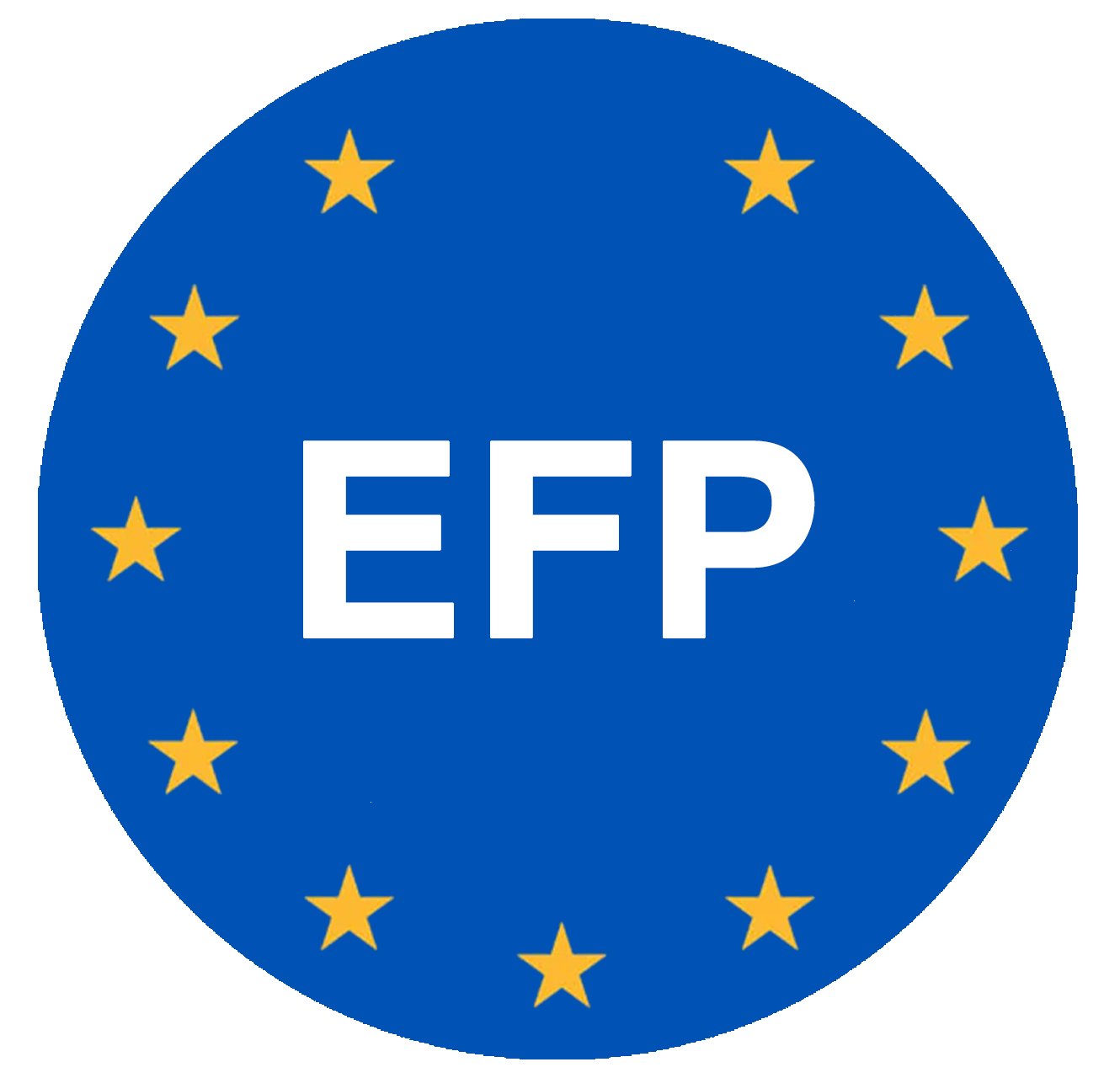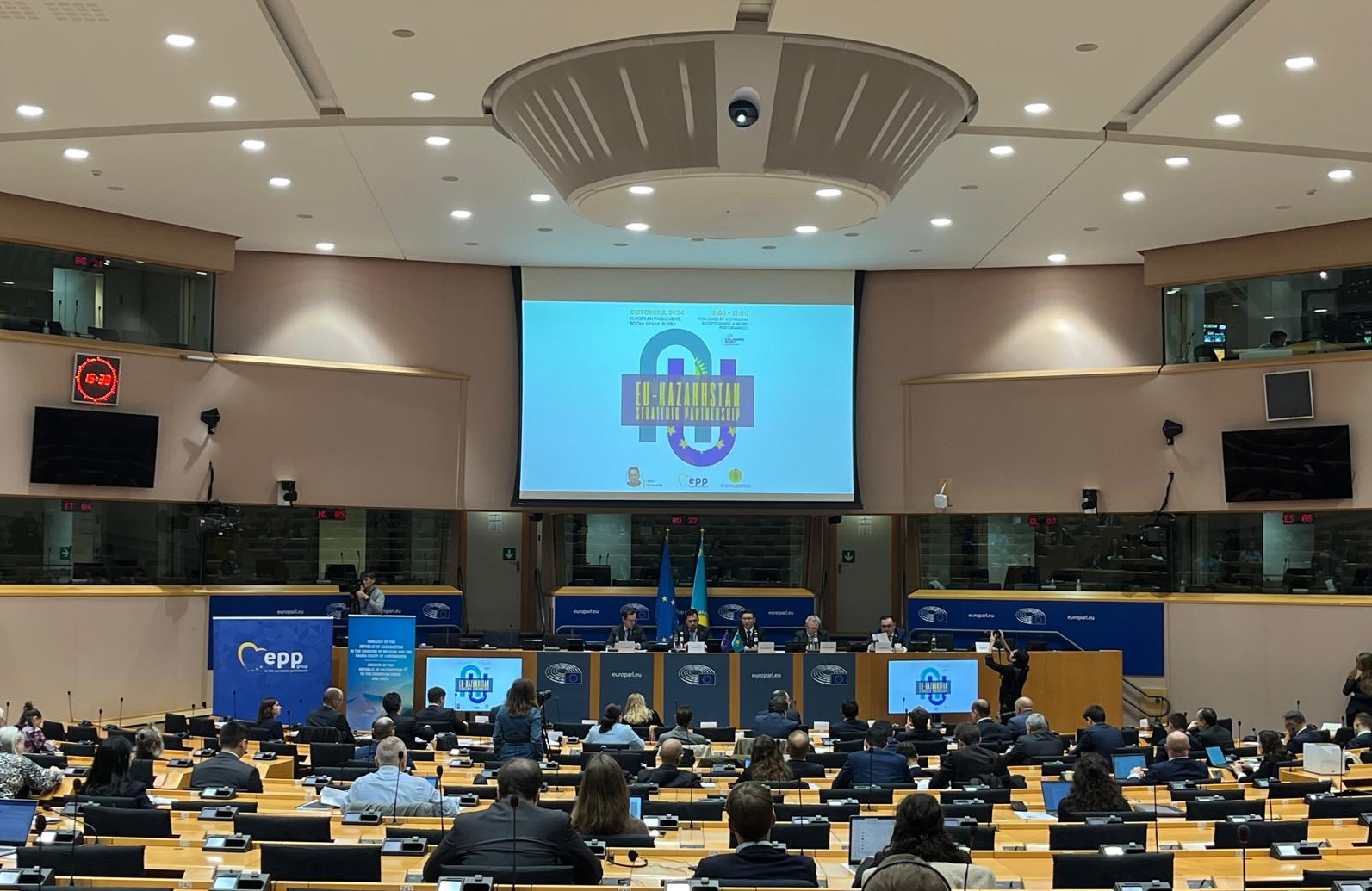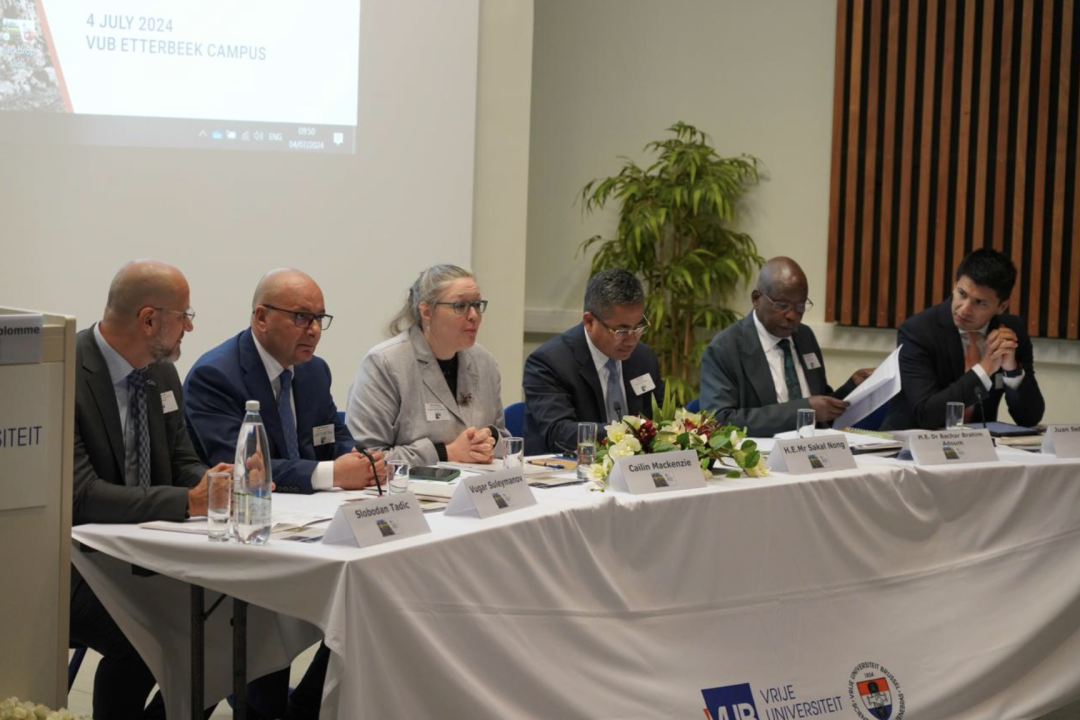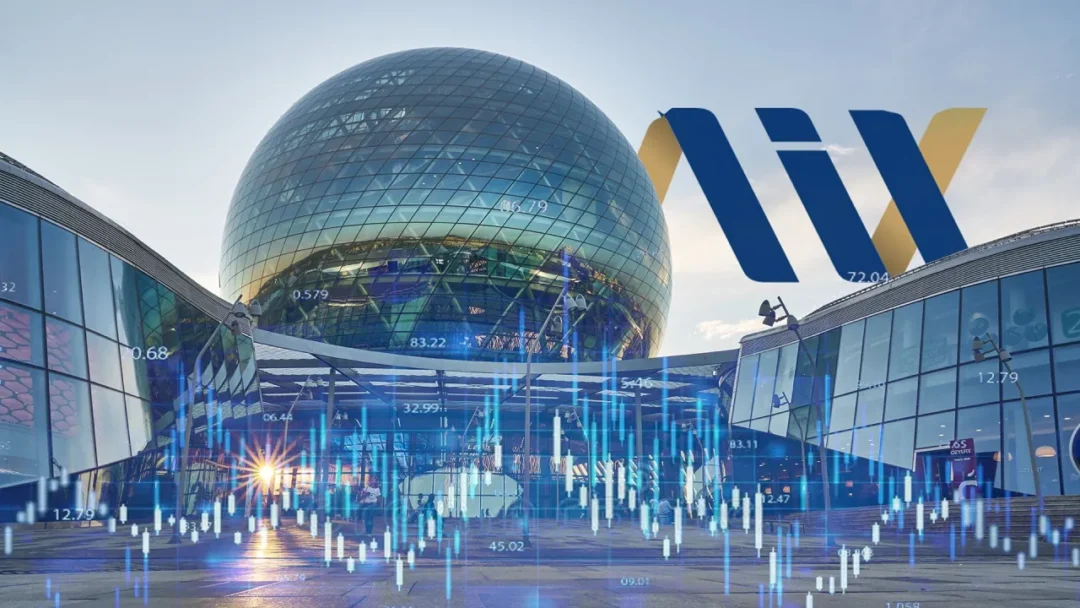Kazakhstan’s strategic partnership with the European Union continues to deepen, as evidenced by the conference “Strategic Partnership with the EU and Kazakhstan: Opening New Niches and Dimensions,” held on 2nd October at the European Parliament in Brussels.
Organised by the European People’s Party (EPP), the event was led by Czech MEP Tomasz Zdechovsky, who has significant expertise in Central Asia through his leadership of the Delegation for Central Asia (DCAS).
Among the speakers was Janusz Wojciechowski, European Commissioner for Agriculture, who highlighted Kazakhstan’s importance for European food producers. Although Kazakhstan’s market may not be the largest, its central position within the region offers vast potential for growth. Wojciechowski, having recently visited Kazakhstan, spoke of the fruitful meetings he had with Kazakh leadership and the business community.
Alberto Turkstra, an expert on Central Asia from the Diplomatic World Institute, moderated the event. He praised the significant progress made in EU-Kazakhstan relations in recent years, noting that Kazakhstan has emerged as a vital strategic partner for the EU in the region.
Mr. Turkstra pointed to the advantages of the Trans-Caspian transport route, which helps reduce geopolitical risks and aligns with Western strategies for diversifying trade routes and enhancing global connectivity. He also commended Kazakhstan’s efforts to modernise its logistics infrastructure, including new terminals, railway lines, and storage facilities.
Bolat Akchulakov, Advisor to the President of Kazakhstan, and several deputies from Kazakhstan’s Mazhilis, the lower house of parliament, were among the high-profile Kazakh representatives attending the event, which attracted over 100 participants from the European Parliament, European Commission, and the European External Action Service.
Tomasz Zdechovsky, who organised the conference, underscored the strong potential for further growth in EU-Kazakhstan relations. He emphasised the EU’s interest in increasing trade with Kazakhstan and deepening connections between the two regions at both the governmental and people-to-people levels.
Mr. Zdechovsky also remarked on Kazakhstan’s upcoming referendum on the construction of a nuclear power plant, viewing it as a positive sign of democratisation within the country. “It is encouraging to see society actively involved in deciding important national issues, such as the referendum on the nuclear power plant,” he said.
Jerzy Oledzki, a member of the Foundation Council of the Michał Boym Institute for Asian and Global Studies and an expert on Central Asia, highlighted Kazakhstan’s growing importance on the global stage. He noted that the war in Ukraine has shifted Europe’s energy supply chains, making Kazakhstan an increasingly important alternative source for energy resources and rare earth metals.
The European Parliament also announced that a delegation of new MEPs will visit Kazakhstan in October and November this year to further strengthen inter-parliamentary relations. This comes as the EU continues to prioritise its engagement with Kazakhstan, recognising the country’s growing significance in the geopolitics and trade of Central Asia.
The event served as a key milestone in advancing the partnership between the EU and Kazakhstan, demonstrating the increasing relevance of Kazakhstan as a reliable and strategic partner in Central Asia.



